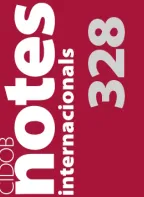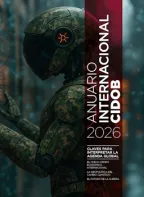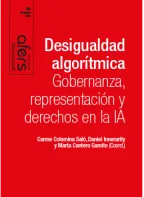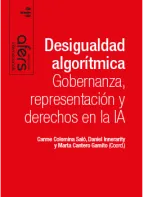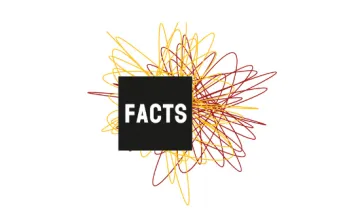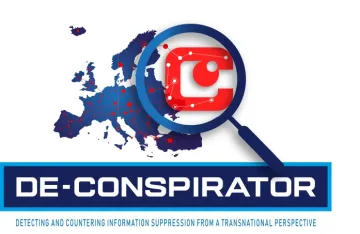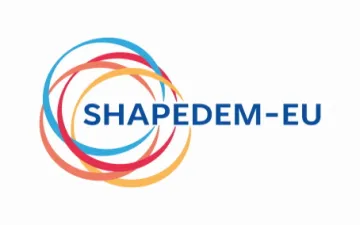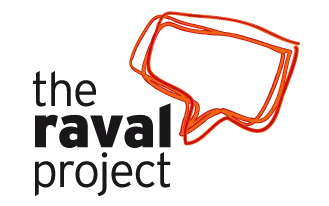Carme Colomina Saló
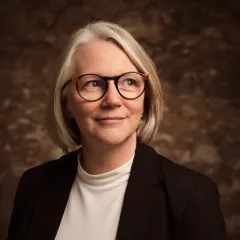
Senior Research Fellow and Editor
Carme Colomina is a Senior Research Fellow on European Union, disinformation and global politics at CIDOB (Barcelona Centre for International Affairs), Editor and member of the Editorial Board. She is also visiting professor at the College of Europe in Bruges, Belgium, where she teaches a course on Communications Management in the European Union, and at the Universitat Pompeu Fabra. Graduated in Information Science from the Universitat Autònoma of Barcelona and with a postgraduate course in European Union Studies from the UOC, she has been Brussels’ correspondent and head of international affairs in Catalunya Ràdio and in ARA newspaper. As a special envoy, she covered dozens of international summits and political conflicts and she is still a frequent contributor to various media organizations as an analyst of European current affairs. Before joining CIDOB, she also worked as a consultant on various communication projects in the European and Euro-Mediterranean sphere, and was Head of Interregional Cooperation in the Foreign Affairs department of the Catalan government.
